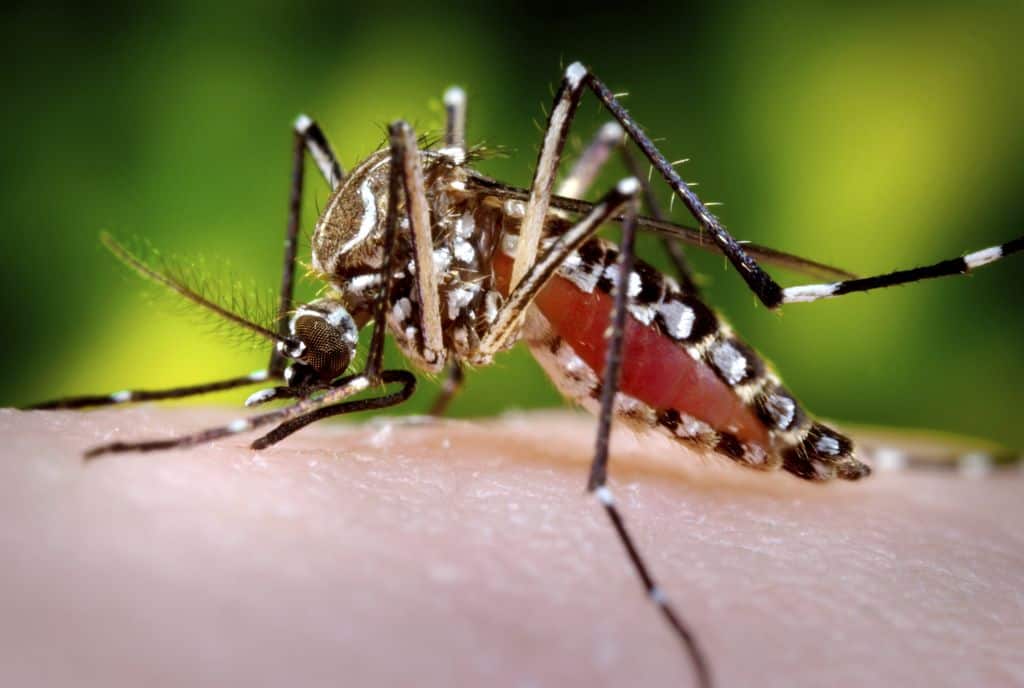Costa Rican authorities have identified 1,766 cases of dengue so far this year, down significantly compared to the 5,730 tallied by the same date in 2020.
“In all of 2020 we accumulated 10,056 cases, so the data we have this year is undoubtedly positive, demonstrating a broad commitment of the population in the prevention and elimination of possible breeding sites” said Melissa Ramírez, an epidemiologist representing the Health Ministry.
Dengue cases registered during the first half of 2021 are concentrated in the Huetar Caribe and Huetar Norte regions of Costa Rica at 657 and 370 cases, respectively.
Authorities advised the population to remain vigilant for mosquito breeding sites during the ongoing rainy season.
Particularly during the rainy season, the public should:
- Eliminate standing water on their property.
- Apply mosquito repellent on exposed skin.
- Wear long-sleeved shirts and long pants.
- Use mosquito nets.
Dengue is a mosquito-borne viral infection that is primarily transmitted by the Aedes aegypti species, which is also a vector of chikungunya, yellow fever and Zika viruses. Rain creates ideal conditions for mosquito breeding.
There is no specific treatment for dengue fever, and the World Health Organization estimates 390 million dengue virus infections occur each year, primarily in Asia.
“Early detection and access to proper medical care lowers fatality rates below 1%,” the WHO says.






